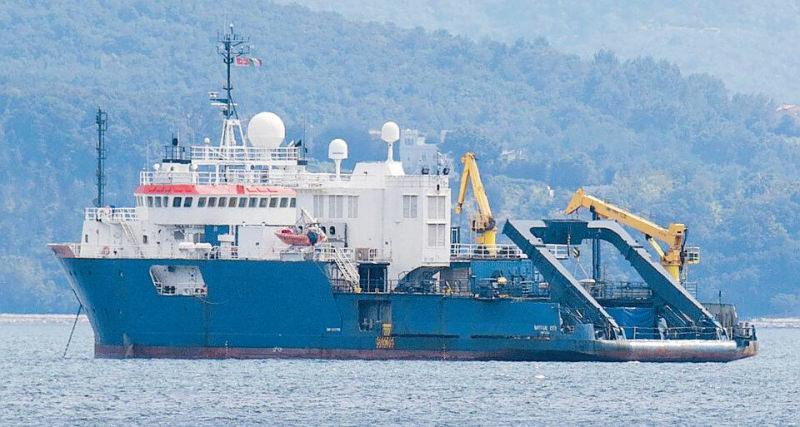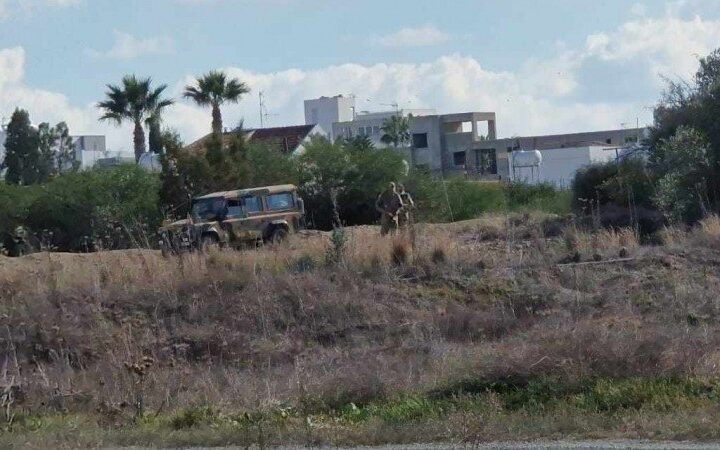The commercial viability study of the ambitious EastMed gas pipeline is not proceeding normally as Turkey is “interfering with the Nautical Geo ship conducting environmental surveys,” Foreign Minister Ioannis Kasoulides said.
He said that Cyprus’ attitude “has not changed on the need to wait for environmental sustainability, because of the new development that has arisen from the war in Ukraine.”
“We are looking for other solutions such as extracting natural gas from the fields of Israel, Egypt and Cyprus (Aphrodite).”
He revealed companies involved in the EastMed pipeline want to change its direction so that it “can go over the border of the EEZ of Egypt and the Republic of Cyprus and proceed to Crete, bypassing the areas within Turkey’s reach; to harass.”
“The Cypriot government has not given its consent to the change of route of the pipeline…so far, no investor has shown interest in the project…this is a bad development in terms of viability.”
Noting that investment projects should be divided into immediate, medium or long-term solutions, Kasoulides said the EastMed pipeline “cannot be placed in the category of immediate solutions.”
The EastMed pipeline, meant to transfer natural gas from Israeli waters to Europe via Greece and Cyprus, was announced in 2016, and several agreements have been signed.
They signed a deal in January 2020 to build a 1,900km subsea pipeline to carry natural gas from the eastern Mediterranean to Europe.
The three states aimed to complete the €6 billion project by 2025, but no financing has been secured.
Kasoulides argued there are other ways of transporting tapped Cyprus gas by tankers on board existing infrastructure facilities, mainly in Egypt.
“We are looking at various other alternative solutions in case the pipeline proves unviable.”
EuroAsia cable
On Tuesday, he briefed the Parliamentary Committee on Foreign Affairs on recent developments on the EastMed pipeline and the geopolitical importance of the EuroAsia Interconnector electricity cable between Greece, Cyprus and Israel.
He said Turkey’s “toxic rhetoric” claims its new drilling rig will remain in the Eastern Mediterranean.
“We can certainly expect it to come and harass either by drilling in what it considers its continental shelf – the blocks 4, 5, 6 – or to proceed to drill south of the Republic of Cyprus within the plots licensed to Eni and Total.”
Kasoulides said Nicosia is planning a high-level meeting on the East Mediterranean Gas Forum (EMGF) on 14 October with the participation of the European Commissioner for Energy.
It coincides with the ceremony for the onshore station from which EuroAsia’s electricity supply will start going to Egypt.
Kasoulides said the electricity interconnection is another environmentally friendly solution “because it answers the philosophy that you use natural gas that exists in the region to produce electricity.”










